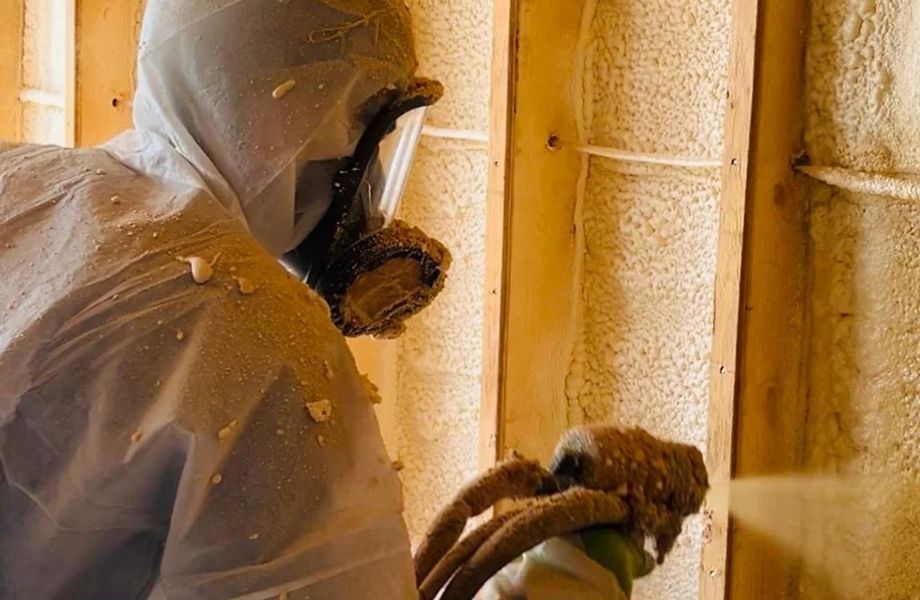Spray foam insulation has become a popular choice for homeowners and builders looking to enhance energy efficiency, comfort, and durability in buildings. Unlike traditional insulation materials, spray foam offers a range of benefits that make it a superior option for both new construction and retrofitting projects. In this article, we’ll explore what spray foam insulation is, its advantages, and why it might be the best choice for your insulation needs.
What is Spray Foam Insulation?
Spray foam insulation is a type of insulation that is applied as a liquid and then expands into a foam, filling gaps, cracks, and hard-to-reach areas. This material is typically made from a combination of isocyanate and polyol resin, which react together to form the foam. There are two main types of spray foam insulation:
- Open-cell spray foam: This type has a spongy texture and is less dense, making it ideal for interior walls and ceilings. It provides excellent soundproofing and insulation but is not as strong a moisture barrier as closed-cell foam.
- Closed-cell spray foam: Denser and more rigid, closed-cell foam provides a higher R-value (a measure of insulation’s effectiveness) and acts as an excellent moisture barrier. It’s commonly used in exterior walls, roofs, and other areas where moisture resistance is crucial.
Benefits of Spray Foam Insulation
- Energy Efficiency Spray foam insulation creates an airtight seal that prevents air leaks, reducing energy loss and lowering heating and cooling costs. This can lead to significant savings on utility bills, making it a cost-effective investment in the long run.
- Enhanced Comfort By minimizing drafts and maintaining consistent indoor temperatures, spray foam insulation enhances the overall comfort of your home or building. It helps keep warm air in during the winter and out during the summer, creating a more stable and comfortable indoor environment.
- Moisture and Mold Resistance Closed-cell spray foam acts as a barrier against moisture, reducing the risk of mold and mildew growth. This not only protects your property but also improves indoor air quality and prevents health issues related to mold exposure.
- Soundproofing Open-cell spray foam is particularly effective at soundproofing, making it an excellent choice for interior walls and ceilings. It helps to reduce noise from outside and between rooms, creating a quieter and more peaceful living space.
- Structural Strength Closed-cell spray foam adds rigidity and strength to walls, roofs, and other structures. It can help to increase the durability of your building, making it more resistant to weather-related damage.
- Environmental Impact Spray foam insulation can contribute to a building’s sustainability by reducing energy consumption and lowering the carbon footprint. Some spray foam products are also made from renewable resources and contain no harmful chemicals, making them an environmentally friendly choice.
Applications of Spray Foam Insulation
Spray foam insulation is versatile and can be used in a variety of applications:
- Attics and Roofs: Prevents heat loss and protects against moisture.
- Walls: Fills gaps and cracks, providing insulation and soundproofing.
- Basements and Crawl Spaces: Protects against moisture and temperature fluctuations.
- Commercial Buildings: Enhances energy efficiency and structural integrity.Choosing the Right Spray Foam Insulation
When selecting spray foam insulation, consider the following factors:
- Climate: In colder climates, closed-cell spray foam may be more effective due to its higher R-value and moisture resistance.
- Budget: While spray foam insulation is more expensive upfront compared to traditional insulation, the long-term energy savings can outweigh the initial cost.
- Application Area: Depending on the specific area of your home or building, you may need to choose between open-cell and closed-cell spray foam.
Spray foam insulation is a powerful tool for improving the energy efficiency, comfort, and durability of your home or building. Whether you’re building new or retrofitting an existing structure, investing in spray foam insulation can provide long-term benefits that make it a wise choice. Consider your specific needs and consult with a professional to determine the best type of spray foam insulation for your project.By making the switch to spray foam insulation, you’re



